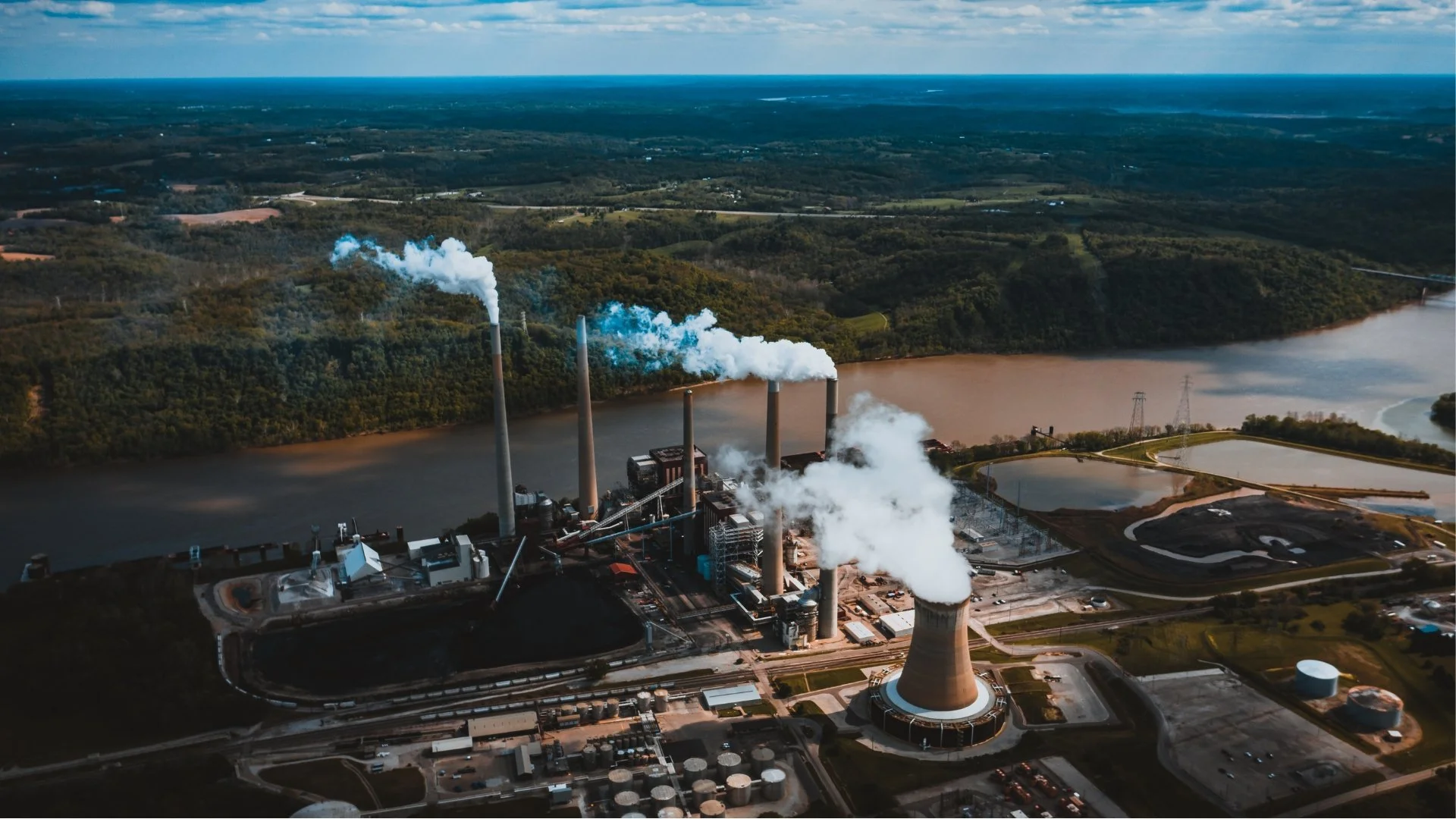
Asia-Pacific Sustainability Hub for Innovation and New Energy
A regional ecosystem where knowledge, technology, and policy work in harmony to drive equitable and enduring sustainability transitions.
The region is undergoing rapid industrialization, driving up energy demand and emissions. Yet, frameworks for managing climate impacts in manufacturing and heavy industries remain underdeveloped. While global climate efforts have gained momentum, most initiatives still focus on community-based energy or access solutions, leaving industrial decarbonization largely unaddressed. Asia-Pacific now faces a critical window to shape a more sustainable and resilient growth path.
Asia-Pacific Stands at a Climate Crossroads
aSHINE is a nonprofit organisation dedicated to advancing low-carbon, competitive industrial development in Asia-Pacific. We bridge international expertise with local insights to fill gaps in policy research, best practice translation, and capacity building. By supporting regional partners and fostering cross-border collaboration, we co-create solutions that respond to the region’s unique energy and development context.
Bridge for Industrial Energy Transition
Our Focus

Driving the adoption of renewable energy, electrification, and emerging solutions such as hydrogen, storage, and CCUS across the industrial ecosystem.
Read More
Advancing regional standards and measurement frameworks to ensure transparency, comparability, and credibility in climate action.
Read More
Bridging global expertise with Asia-Pacific’s local context to build policy frameworks, standards, and partnerships that drive long-term sustainability.
Read MoreNews & Insights
Asia-Pacific is the fastest-growing hub of global manufacturing, yet its industrial growth is still fueled by coal and fossil energy. This creates a paradox: products for the green economy are built on high-carbon foundations. With global supply chains demanding low-emission partners and governments committing to net zero, the region must act now. By decarbonizing industrial parks and manufacturing systems, Asia-Pacific can safeguard competitiveness, attract investment, and lead the global transition toward a resilient, low-carbon future.


